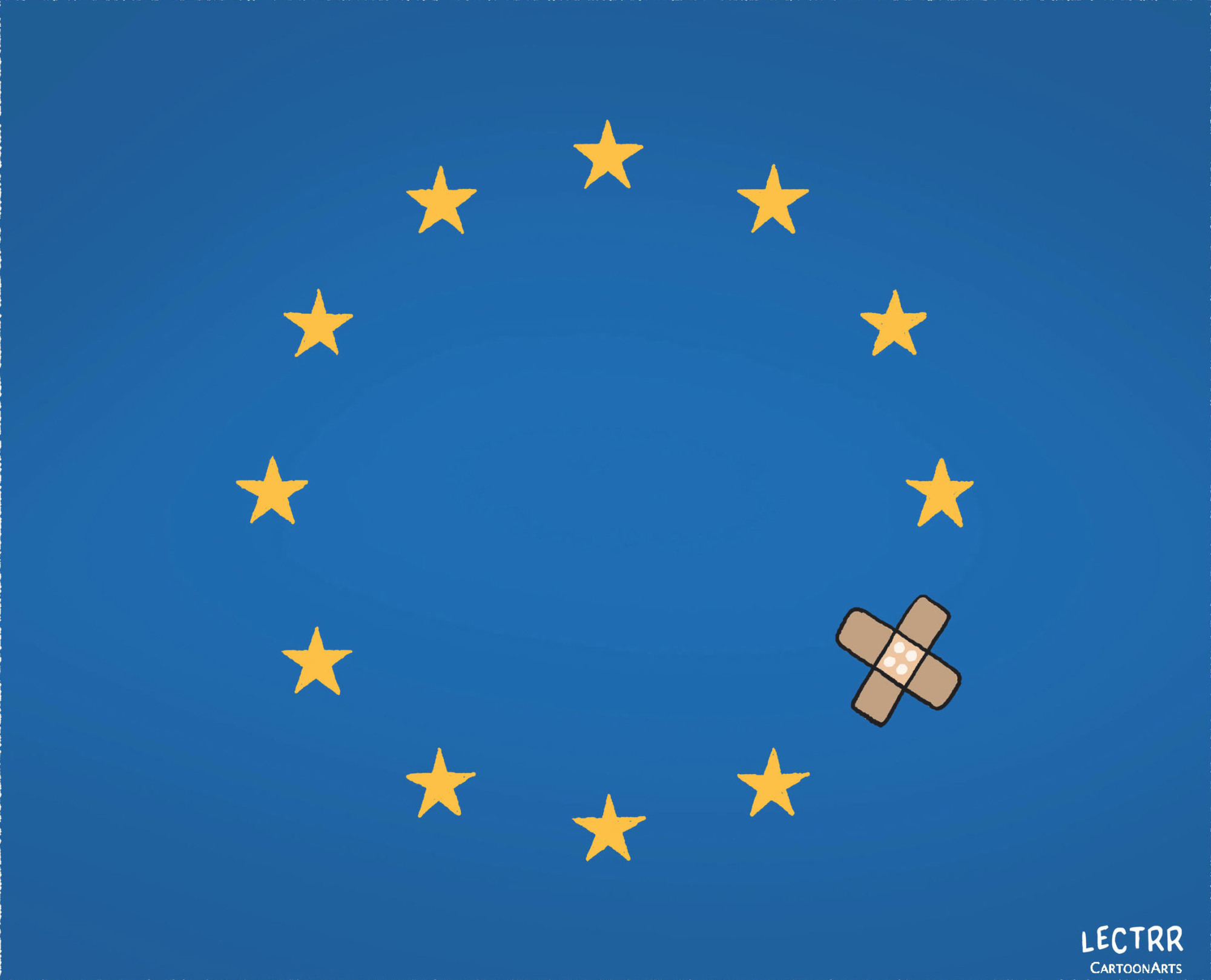Britain and the European Union have started negotiations to decide on their relationship beyond the post-Brexit transition period through the year's end. While the talks are mainly about a free trade agreement on goods and services and investment protection, they also concern EU members' fisheries catches in Britain's economic waters.
The United Kingdom insists that it will conclude a deal by the end of 2020 and will not ask for extending the talks until 2022 as permitted under its Brexit accord with the EU. If the two parties fail to wrap up the talks by the end of the year, they will levy regular tariffs on imports from each other beginning in 2021. There is a view that British Prime Minister Boris Johnson is engaged in brinkmanship and that the U.K., supposedly in a weaker position, is bluffing the EU.
Not only EU members but European Commission officials joining the talks with Britain appear to think that the EU, more powerful in economic terms, will overwhelm the U.K. in the talks. This view is reflected in the EU's "level playing field" argument that if Britain wants to export to the EU market without tariffs and quotas, the U.K. must keep complying or be in line with EU regulations and policies on labor, and environmental protection and government subsidies/taxation.


















With your current subscription plan you can comment on stories. However, before writing your first comment, please create a display name in the Profile section of your subscriber account page.